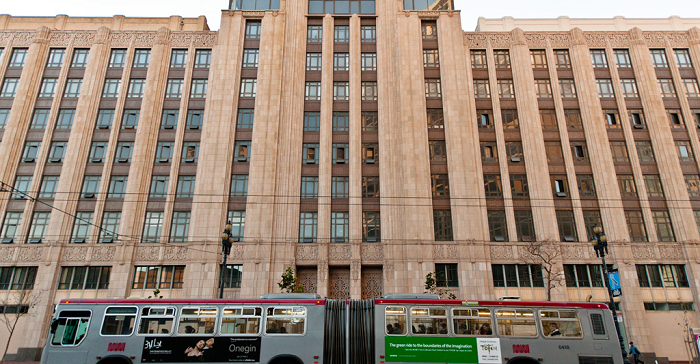So what’s the latest on Elon Musk’s great Twitter takeover?
It’s been reasonably quiet on the Elon front this week, but in the background, Musk has been busy shoring up investment, in order to fund his $44 billion takeover bid for the social media platform.
Today, in a new filing with the SEC, it was revealed that Musk has raised over $7 billion in funding commitments from a range of partners, including Sequoia Capital, Binance, Oracle chief Larry Ellison and Saudi Prince Alwaleed.

As you can see from this listing, Ellison is the biggest individual contributor. Ellison is also a director on the board of Tesla, while Oracle was also, at one stage, close to becoming the US owner of TikTok amid the Trump Administration’s push to force the platform into American ownership.
Ellison also has a good relationship with former US President Donald Trump – which is either entirely coincidental or hugely relevant here, depending on your perspective.
The additional funding commitments will ensure that Musk can go ahead with the Twitter deal, with these contributors to act as equity partners, meaning they will also benefit from any profits that Musk is able to glean from the social app.
Which will be difficult. Twitter has long struggled to significantly boost its revenue, and has been working to reform its business elements to meet tough new performance thresholds set by shareholder groups. Most market analysts don’t see how Twitter will be able to reverse course and become a bigger money-making machine, while Musk has also flagged cutting ads entirely, which contribute 98% of Twitter’s income, as part of his broader free speech push.
But there have been some inklings of Musk’s plans here.
In brief notes and missives, it seems that Musk may be planning to stop ads, and take Twitter entirely private for a time, before launching a second IPO, and reimplementing ads at a later stage.
That plan has received tacit endorsement from former CEO Jack Dorsey, who also agrees that the company’s reliance on ads has impeded its potential.
this is true. it needs cover for a while.
— jack⚡️ (@jack) May 5, 2022
That’s an interesting proposal, and clearly, given the investments Musk has secured, he must have some plan for further monetization. These investors aren’t just putting money into Elon’s Twitter project because they want to support his hobbies.
Which is really where the Musk takeover is interesting – because from the outside, it does seem like a hobby horse for Musk. Elon is clearly passionate about Twitter, and his push for supporting free speech, but given his stances on moderation and ad reliance, there doesn’t appear to be a business focus here, it does seem like it’s just a rich guy throwing his cash around to make the platform what he wants.
But that’s definitely not the case. While I would expect Musk to make the moves that he’s publicly stated, in terms of reducing ad reliance and reforming the platform’s moderation policies, there must also be a longer term strategy there, whether that’s through increased subscriptions, selling tweet embeds or any other vague strategy that Musk has outlined thus far.
On the subscriptions front, my original view here was that Musk would likely look to push to make all users pay for Twitter access, while also verifying their details to ensure that they’re not bot accounts, another of his focus aspects.
Then earlier this week, Musk shared this:
Twitter will always be free for casual users, but maybe a slight cost for commercial/government users
— Elon Musk (@elonmusk) May 3, 2022
So it seems that while Musk is considering a new subscription model, it won’t be applied to regular users.
There’s still not a heap to go on, and there’s still a way to go in securing the final approvals that will see Musk’s Twitter deal go through. But the funding is now ready, the process is in motion, and reports suggest that Musk will act as Twitter CEO for some time as the details are finalized, taking over from Parag Agrawal.
Expect job cuts and program changes, while you can also expect Twitter’s focus to shift dramatically within this initial period.
How that changes your day-to-day tweet experience, we’ll have to wait and see.



